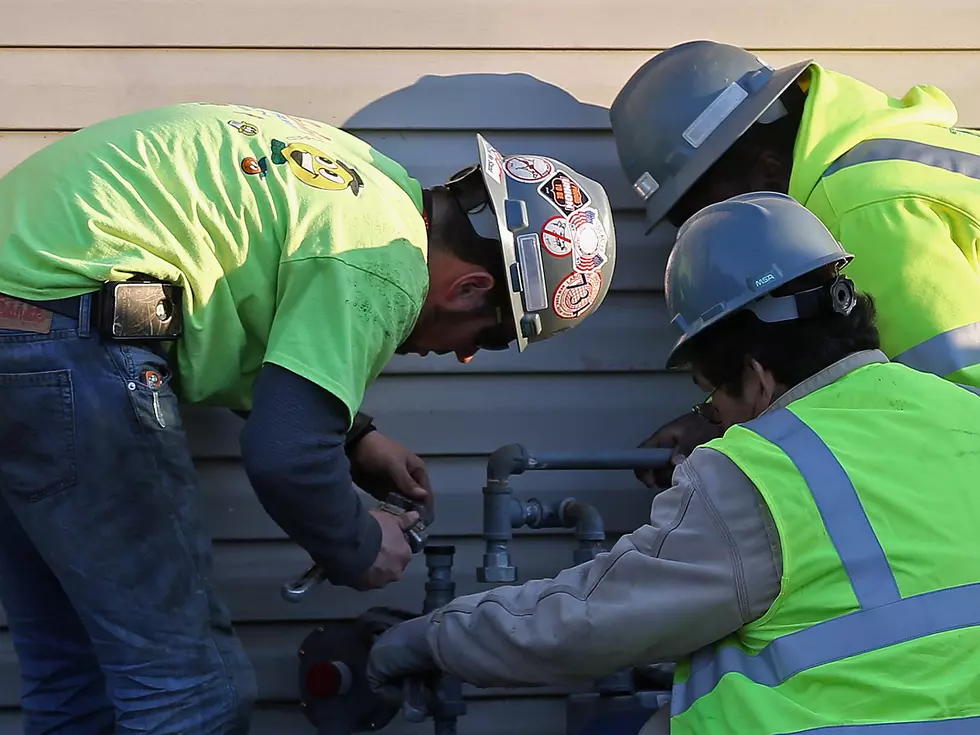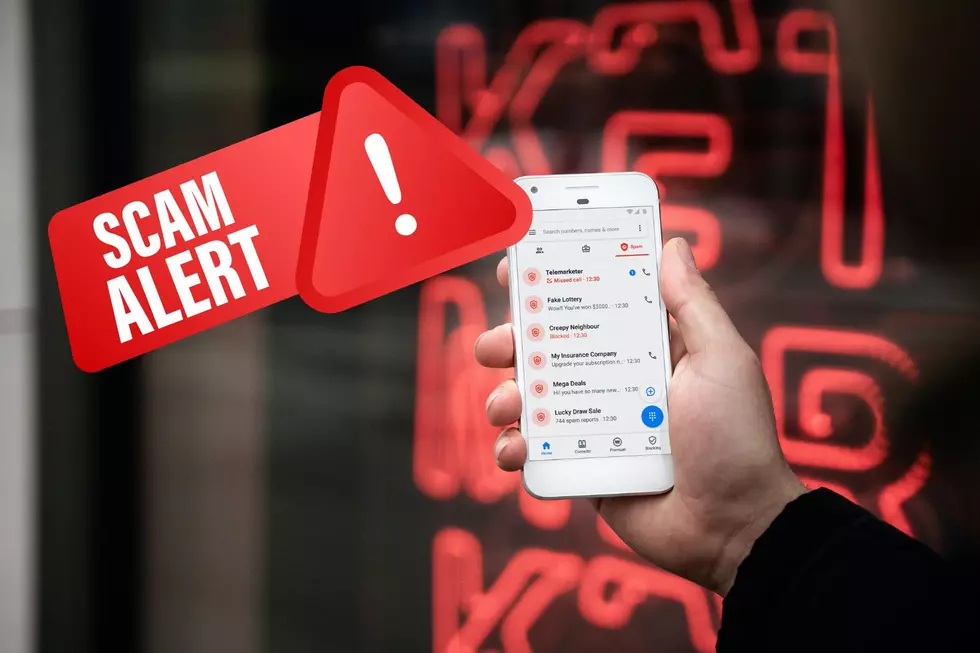
Romance Scam Dupes Daters With Promise of a Sugar Momma or Sugar Daddy
If someone is offering money for nothing, there’s probably a catch. There's a new twist on a romance scam where a con artist offers to become your sugar momma or sugar daddy and pay your bills. But it's really a way to trick you out of money.
How the Scam Works
You get a message through a dating or social media app from someone offering to be your sugar momma or sugar daddy. In exchange for your affections, they offer to pay you a weekly allowance. The offer sounds too good to be true, but your benefactor seems legitimate – at first.
The con artist sends you a check or pretends to transfer money into your bank account. They tell you to keep most of the money as your weekly allowance – after you do them a small favor. Then you're asked to transfer part of the cash to their needy friend, pay an outstanding bill, or even make a donation to charity. One victim reported to the Better Business Bureau, the con artist wanted him to donate several thousand dollars of the money he received to an orphanage. Of course, the check or bank transfer was fake, and the orphanag” was really just the scammer – or an associate - using a different name.
“I believed that these checks were legit and the funds were real,” one victim told BBB Scam Tracker. “I ended up just sending my own personal money to these contacts... Which ended up costing me $19,500.”
Watch out for other versions of this con too. Some victims report the scammer claimed to need access to their bank account in order to deposit money and they ended up sharing their banking info.
Protect Yourself From this Scam
READ ON: See the States Where People Live the Longest
More From 93.7 WBLK









